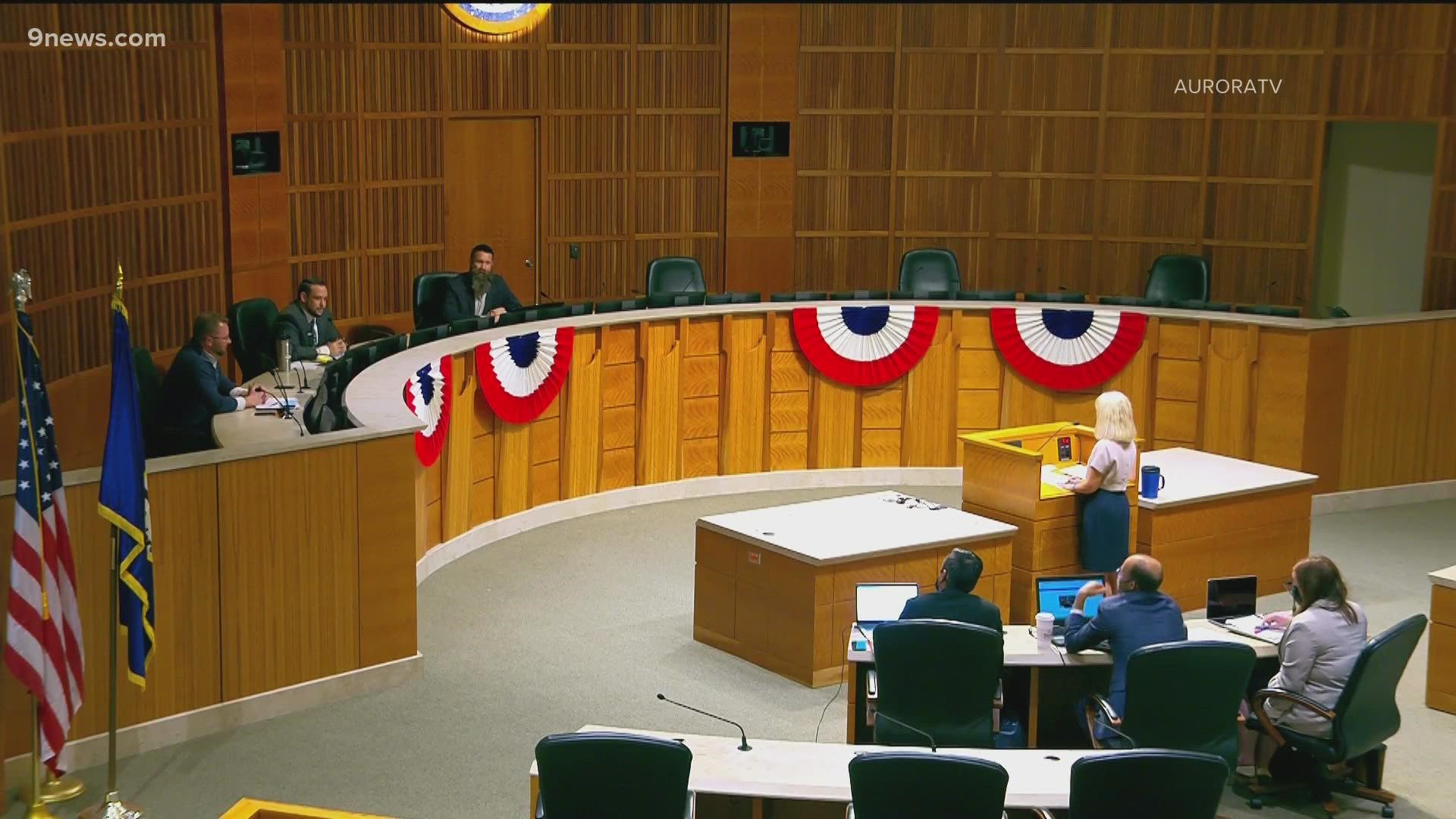DENVER — No matter where you live, there is something you will not find on your election ballot.
Certain letters will be missing. And it will be on purpose.
Specific political races are rudderless on your ballot.
Not rudderless, like "lacking purpose or leadership," but literally without "R," "U," or "D."
Candidates in school board and city council races are not identified on the ballots with a letter for their political affiliations. Those are non-partisan races.
Should they stay that way?
"Let me answer a question with a question: why should they? It's never come up," said Colorado Municipal League Executive Director Kevin Bommer.
The Colorado Municipal League advocates for, informs and trains city leaders. The same leaders who are elected in non-partisan races.
"Most of them are running because they care about their community and they don't identify how to fix a pothole as whether it's a Republican issue or a Democrat issue. Whether or not the park needs new swing sets. Is that partisan?" said Bommer. "The office that you're elected to is non-partisan because the work that you're doing is almost exclusively non-partisan."
At an Aurora City Council debate for Ward II, which covers north and east Aurora, one of the candidates introduced himself by his political party.
"My name is Bryan Lindstrom and I'm your Democrat for Ward II," said Lindstrom.
He is running for the vacant council seat against Robert Hamilton, Steve Sundberg and Jessica Giammalvo.
At the debate, co-moderator Kara Mason, the managing editor of Sentinel Colorado, asked if party affiliation should be included in city council races.
"I don't think there's any argument to hide information from the voters. All available information should be available right out in front," said Lindstrom. "We can call it nonpartisan all we want, but people have belief systems, people know where they tend to vote. It's rather dishonest to hide that."
"If you have a minute of conversation with any one of us, I think you're going to probably deduce where we stand politically," said Hamilton.
He said it should not be included, but then explained how voters can find out.
"I knocked on one gentleman's door and his first thing he asked me, he's like, 'you're running for city council?' I said, 'yes.' He goes, 'what's your political party?' I said, 'well, it's an unaffiliated position.' He goes, 'what's your political party?' I said, 'it's an unaffiliated position.' He said, 'what's your stand on gun control.' And all I had to do was give him one answer, and he had the answer," said Hamilton.
"Some of these issues that are facing us currently are crossing party lines, but yeah, some people want to know," said Sundberg.
Mason asked if he would want to know.
"The dog catcher? The sheriff? Yes. Everybody, down the line. I suppose it could be helpful, you know, I've not thought too much about it," said Sundberg.
Giammalvo did not attend the debate.
"It actually gets the voter to find out more about the candidate and what they believe in, without trying to figure it out with whether or not there is an 'R' or a 'D' behind their name," said Bommer. "Party affiliation, party politics just really has no place in non-partisan municipal government, but that doesn't mean it's not OK for citizens to ask and for candidates to answer or to self-disclose."
"Making every local race a partisan race only damages public's trust in local government and institutions," said Joe Jackson, the executive director for the Colorado Republican Party.
A spokesman with the Colorado Democratic Party said the party does not have a position on whether or not city council and school board races should include party affiliation.
SUGGESTED VIDEOS: Full Episodes of Next with Kyle Clark

